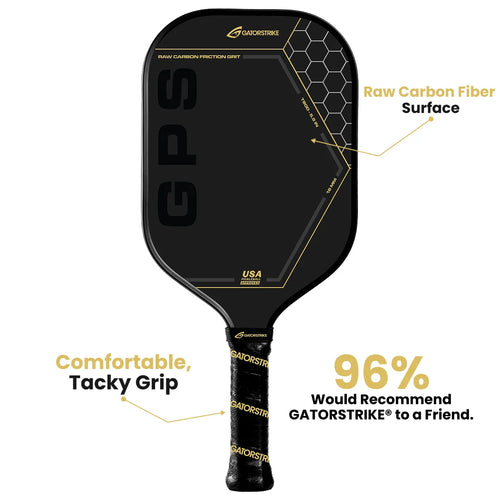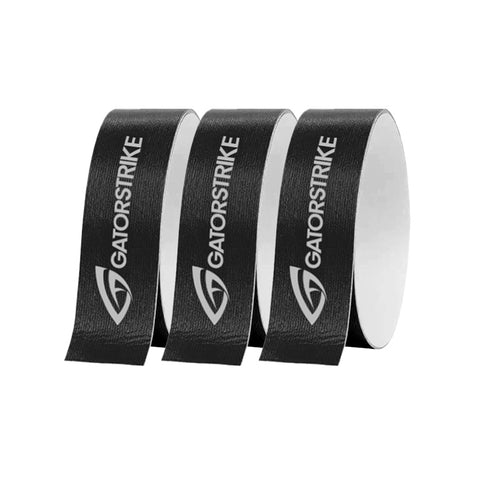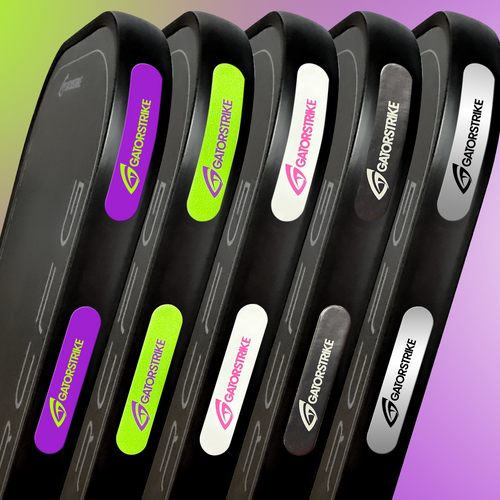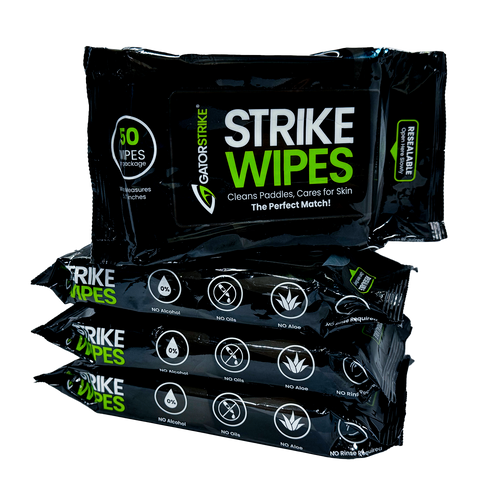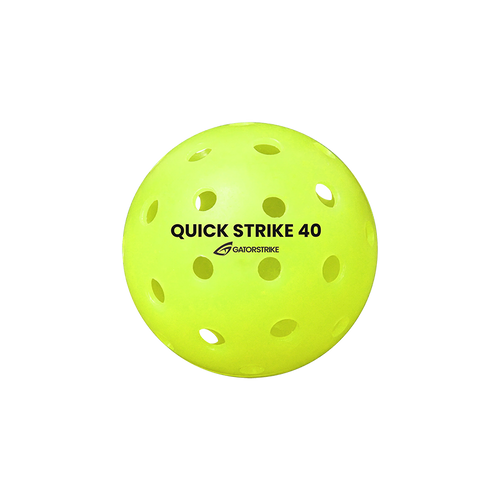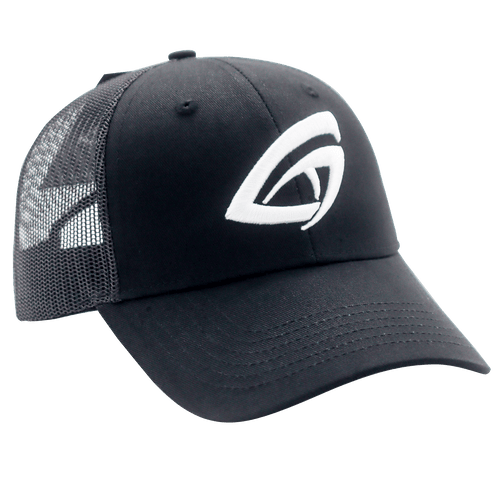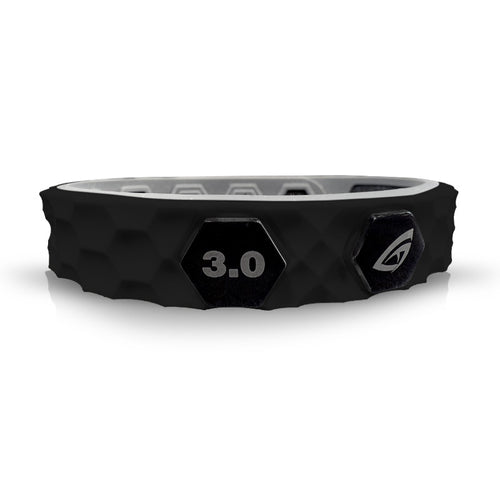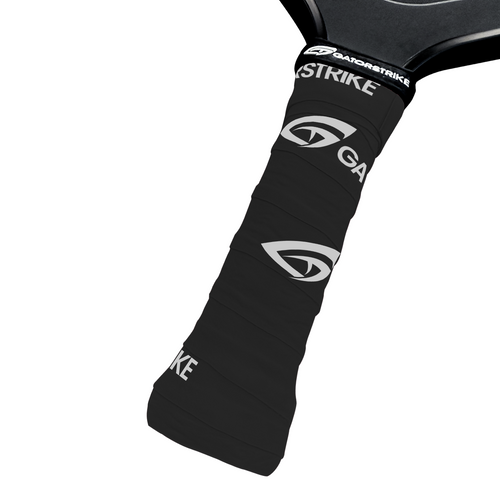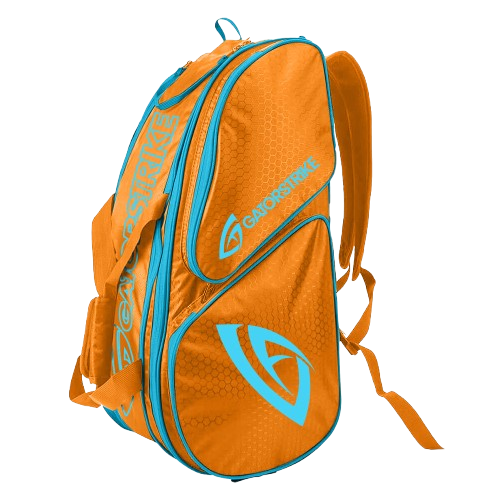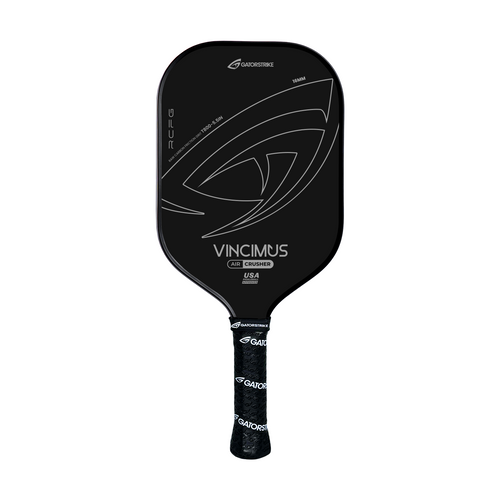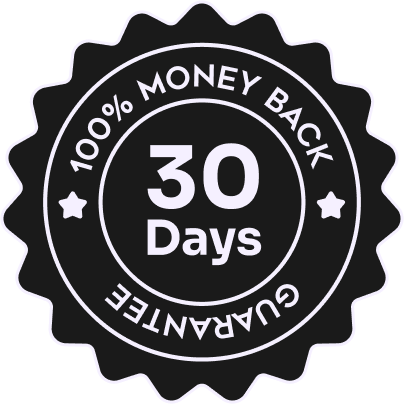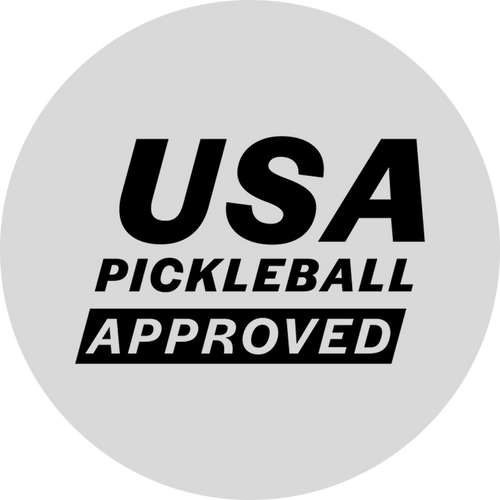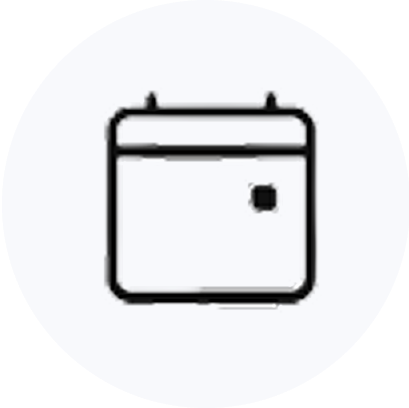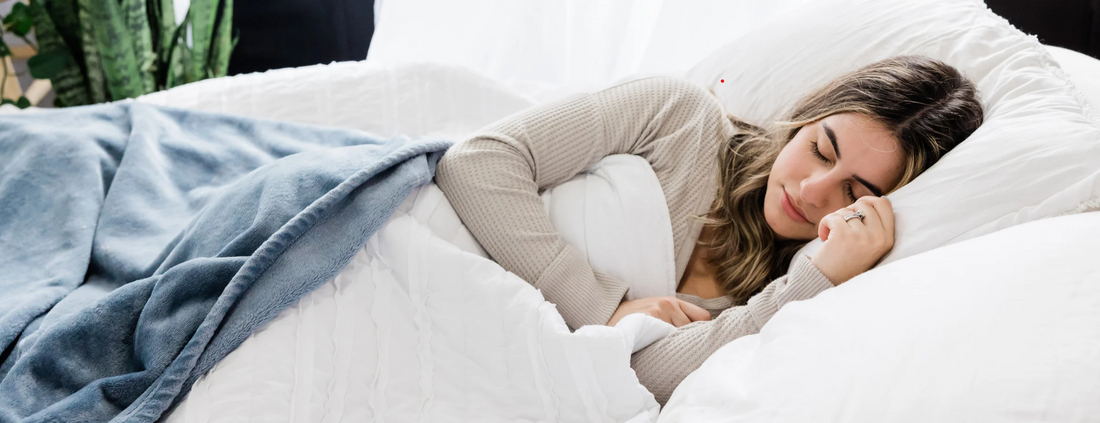
Pickleball and Sleep: The Surprising Link Between Rest and Reaction Time on the Court
Share
In a sport defined by quick pivots, precise dinks, and lightning-fast reflexes, most players focus on paddle technology, practice routines, and court strategy. But what if the real performance booster wasn’t a drill or a grip change, but something far simpler and often neglected?
Welcome to the underestimated powerhouse of pickleball performance: sleep.
Sleep isn’t just a nightly recharge. It’s a foundational element of recovery, coordination, and cognitive sharpness. From recreational players to elite competitors, optimizing your athletic rest routine could be the game-changer your court play has been waiting for.
Reaction Time: A Game of Milliseconds
In pickleball, every shot offers a narrow window for decision-making. Whether you're preparing for a third shot drop or anticipating a poach, your brain must interpret movement and respond almost instantly.
Lack of quality sleep can significantly impair:
- Visual processing speed
- Hand-eye coordination
- Split-second decision making
- Balance and footwork precision
Research across multiple sports confirms that even just one night of poor sleep can lead to measurable declines in reaction time and accuracy. That edge you’re chasing with extra hours of practice? It might be undone by cutting corners on sleep.
The Physiology of Recovery: Sleep’s Role in Muscular Repair
Pickleball engages multiple muscle groups—shoulders, calves, glutes, core—especially during long matches or back-to-back games. Recovery is where adaptation and improvement happen.
Here’s where sleep steps in:
- During deep (slow-wave) sleep, growth hormone is released, facilitating tissue repair
- REM sleep enhances neural processing and solidifies muscle memory
- Shortened or fragmented sleep impairs the body’s ability to rebuild micro-tears, leading to cumulative fatigue
If you’re waking up sore for all the wrong reasons or noticing longer recovery periods, your sleep quality could be the culprit.
Cognitive Clarity and Emotional Regulation
Pickleball isn't just physical. It’s a mental duel of strategy, patience, and psychological endurance. A well-rested brain:
- Processes information faster
- Manages stress more effectively
- Recovers from point losses with emotional resilience
- Stays focused deep into games or tournament days
Sleep deprivation, on the other hand, elevates cortisol levels and reduces your threshold for frustration. A missed line call or an unforced error can spiral quickly without the emotional buffer sleep provides.
Ideal Sleep Habits for Pickleball Performance
Creating an intentional sleep strategy is as important as any drill in your training regimen. Here’s how to fine-tune your athletic rest routine.
1. Establish a Consistent Schedule
Aim to go to bed and wake up at the same times daily—even on rest days. Consistency aligns your circadian rhythm and improves sleep efficiency.
2. Optimize Your Sleep Environment
Keep your room cool, dark, and tech-free. Invest in blackout curtains or a quality sleep mask. Remove ambient noise with a white noise machine if necessary.
3. Pre-Sleep Wind Down
Avoid stimulants like caffeine or screens an hour before bed. Instead, try gentle stretching, reading, or deep breathing.
4. Track and Adjust
Use sleep-tracking devices or apps to monitor your duration and quality. Adjust your bedtime based on how you feel on the court the next day.
Tournament Prep: Bank Sleep Before Game Day
Heading into a tournament? The night before matters, but so do the several nights leading up to it. Prioritize longer sleep windows during your taper week. Think of it as building a recovery reserve.
Many athletes fall into the trap of training intensely right up to game day while letting sleep slide. Flip the script: let rest become your competitive advantage.
Final Thoughts: Sleep Like a Champion
You can train your reflexes, study your stats, and fine-tune your paddle, but without sufficient sleep, your game will always hit a ceiling.
True recovery isn’t passive. It’s an active choice made every night to support your body’s restoration and your mind’s readiness. Sleep is more than a break from the game—it’s the silent partner in your performance.
So the next time you think about squeezing in just one more match, ask yourself: would more rest serve your game better than more reps? Because sometimes, the best way to get ahead on the court is to call it a night.
